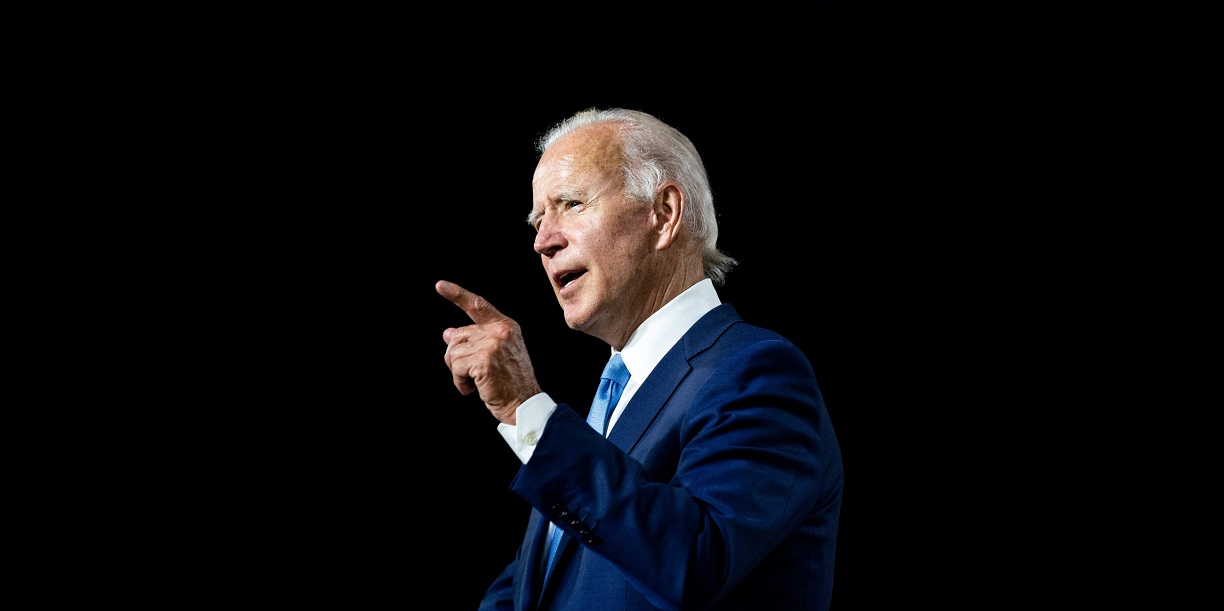The Biden administration failed to issue many of the immigrant visas—more commonly known as green cards—that were allotted last year for immigrants who have been sponsored by a U.S. employer or family member.
Statistics released by the State Department indicate that 66,781 visas for employment-based immigrants and 141,430 visas for family-based immigrants went unused in Fiscal Year (FY) 2021. Another 35,938 Diversity Visas also went unused. This marks the second year in a row that over 100,000 visas for family-based immigrants went unused.
Current immigration law allows the federal government to grant up to 675,000 permanent immigrant visas (green cards) each year. Ordinarily, 480,000 visas are reserved for immigrants in the “family preference” categories, 140,000 for employment-based immigrants, and 55,000 for winners of the Diversity Visa lottery. Unused visas in the family preference categories are added to the allotment of employment-based visas for the following year. However, unused visas in the employment-based categories are generally lost and can only be recovered through an act of Congress.
Because of the Trump administration’s COVID-19 immigrant visa ban and the closing of U.S. embassies and consulates abroad in the spring of 2020, about 122,000 family-based visas for FY 2020 went unused. Those visa numbers were added to the FY 2021 cap on employment-based visas, raising the total number available last year to a little over 262,000. This record number raised the hopes of many workers who have been stuck in the visa backlog for years. But it is now clear that most of those additional visas went unused and are now lost, possibly forever.
The Biden administration’s failure to issue hundreds of thousands of available visas last year will make the massive backlogs and wait times which plague the U.S. immigration system worse.
Immigrants from any one country cannot exceed 7% of the total number of immigrants who come to the United States in a single fiscal year. This arbitrary cap imposes unrealistically low limits on immigration from countries that have extensive social and economic ties to the United States. This is especially true in the case of family-based immigration from Mexico and employment-based immigration from India and China.
As a result, there is a backlog of hundreds of thousands of eligible cases filed on behalf of Mexican nationals by U.S. family members. There is also a backlog of cases filed on behalf of Indian nationals by U.S. employers. Immigrants stuck in either of these backlogs face a wait time of many years—sometimes decades—for a permanent visa to become available.
For instance, as of April 2022, the federal government began issuing family-based immigrant visas for the Mexican brothers and sisters of U.S. citizens in cases filed in January 2000 or earlier. Similarly, the government was issuing employment-based immigrant visas for skilled workers from India in cases that were filed in January 2012 or earlier.
The extra 122,000 visa numbers added to last year’s cap on employment-based immigration could have been used to reduce the backlog of employment-based immigrant visa applications. Unfortunately, this opportunity was wasted as more than 66,000 employment-based visa numbers went unused.
The Biden administration must act now to prevent the same thing from happening again this year. The 141,430 family-based visa numbers that went unused last year have been added to this year’s cap on employment-based visas—raising the total number of employment-based visas available to 281,430 in FY 2022. This once again provides the Biden administration with an opportunity to cut through some of the backlog by using all the employment-based immigrant visa numbers that are available this year.
In addition, the administration must do everything possible to utilize all the 480,000 family-based immigrant visa numbers that are available this year. Otherwise, the backlog of family-based immigrant visa applications will continue to grow.
A key issue is the massive backlog of cases in which immigrant visa petitions have been approved by the Department of Homeland Security, but where beneficiaries are being forced by the State Department to wait for an interview at a consular post abroad. According to the State Department, as of April 2022, there were 421,358 noncitizens with approved petitions who were waiting to be scheduled for an interview at the U.S. consulate in their home country.
The Biden administration must mobilize the resources needed to fully restore access to legal channels of immigration. If the administration does not change course now, more permanent immigrant visas are likely to go unused this year and the visa backlogs will continue to grow. Congress can also help to rectify this problem by stepping in to recapture the immigrant visas that have gone unused over the past two years.
FILED UNDER: Biden Administration, green card


